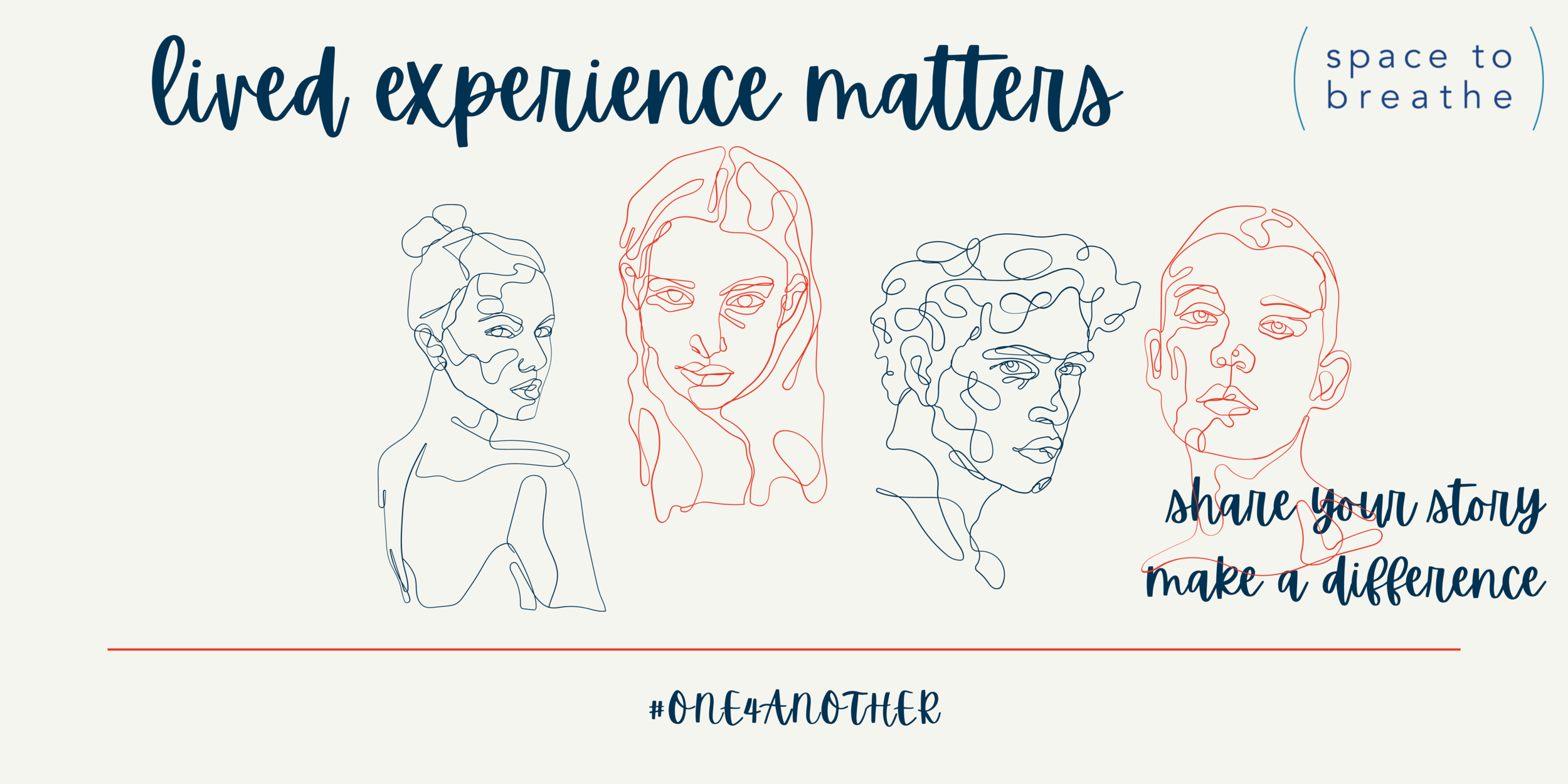Having a baby is one of the most incredible and life changing experiences we can have. Suddenly this wonderful new life bursts into the middle of everything you do and everywhere you are. These changes are often wonderful experiences.
But having a child is also a scary and sometimes unsettling experience. There is no blueprint for how we will feel, what emotions we’ll have or how we react. Everyone responds differently.
For approximately one in ten women, postnatal or postpartum depression becomes a reality and many experience significant challenges as a result. One in eight women will also experience some form of depression during pregnancy.
Sadly, many cases of depression during this time go undiagnosed or are misunderstood - with terms like ‘baby blues’ becoming unhelpful terms for what is a common, recognised and treatable form of mental health challenge.
Postnatal Depression and Men
The fact that there’s no blueprint for our reactions as new parents also reflects the challenges to men when a new baby is born.
Alongside the affect of postnatal depression in women it is now widely acknowledged that postnatal depression will also affect men. Recent studies suggest that 1 in 10 men will experience some kind of depression or anxiety in the six months after the birth of a child. A recent study in Sweden suggested that only 20% of men with depression at this time will seek help.
During the pandemic we’ve been offering free Wellbeing Check-Ins and we’ve noticed that a large number of respondents have been men who are new dads.
Male postnatal depression can be as a result of hormone changes after the birth or can be the result of the strains of sleep deprivation, changed relationship circumstances, money worries or the other factors associated with the birth of a new baby.
Self care before and after the birth of a child
Recognising that the time before and after the birth of a child can be challenging to our mental health is an important step as it enables us to be prepared. There are many steps you can take and a lot of support you can reach out to. We’ve mentioned a few steps below if you are concerned.
Here at Space to Breathe we also think that self-care can help us be prepared and ready when challenges might come. If you or your partner are pregnant right now why not have a think about:
Who and what provides support and strength for you when times are hard? Why not contact supportive people and put good wellbeing tools in place to help you as you prepare for the birth?
As parent’s we' are usually encouraged to make a birth plan to cover all elements of health during the pregnancy and looking forward to birth. To support your mental health, why not make or incorporate a wellbeing plan to help you be ready if you face any challenges during this time?
If you are with a partner, why not talk to them about each other’s wellbeing. Be honest and get to know what makes you tick. What areas of challenge have you experienced before? What has given you strength in the past?
Raising the profile
As with all forms of mental health challenges, we can overcome stigma and misunderstanding through sharing and talking about the subject. This is why we’ve launched our #One4Another campaign - highlighting the vital impact of people’s lived experiences in the way we support others.
Postnatal depression is an area that affects both men and women and for both there is a sense of being misunderstood, isolated and unsupported for many.
However, we can change the story by raising awareness and sharing our lived experiences. If postnatal depression is something you’ve experienced and you feel safe and healthy enough to share, why not comment on this story or use one of our anonymous methods of sharing stories. Check our pages encouraging you to healthily share your story.
We have found overtime that we can help each other by being open, by raising awareness and by supporting and championing the lived experiences of others. This change often comes one story at a time, but it comes.
Getting support and help
If you feel you’re experiencing depression during this time we recommend you contact your GP and have a chat. We also recommend the NHS Depression Screening Tool which many find helpful.
You may want to find out more about postnatal depression and seek support that way. The NHS pages on postnatal depression are really helpful. We also have been impressed with the support offered by Tommy’s to both women and to men. Locally, we love the work of Light Peer Support. There are many organisations that offer support to people experiencing postnatal depression - again your GP will be able to advise you.
Lastly, if you need someone independent to talk to, Space to Breathe offer free Wellbeing Check-Ins to anyone in the Sheffield and South Yorkshire area. Do get in touch if we can help you.
Mental Health needs are unique and important
Postnatal depression is another area of mental health support that teaches us that all of our mental health needs are unique and important. The important thing is to listen to yourself, to be honest and to seek help. Together we can help each one, one person for another.
#One4Another
This article is part of our One4Another campaign. Use the button below to find out more.


